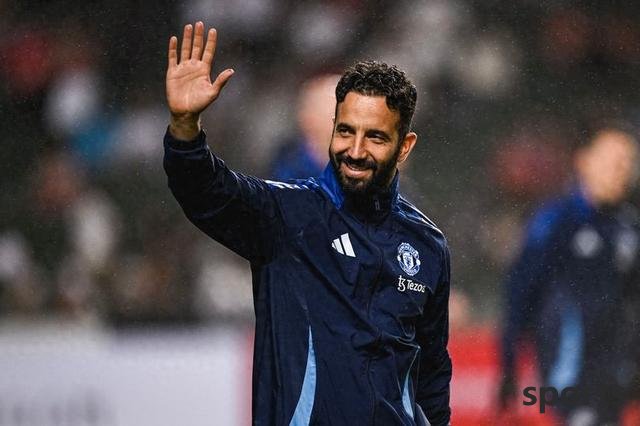Manchester United spent 110 million to buy people, why isn t they subject to financial fairness? The answer lies in this set of operations
Why can Manchester United spend 110 million pounds to buy Cunha and Mbeumo in a summer window without violating the Premier League's fiscal rules? Other teams often "financial violations", but Manchester United is buying them very well. They are not that they don't spend money, but that they "can spend money". Manchester United will buy Cunya for £62 million and £50 million to discuss Mbewumo's two operations. The books look like "burning money", but in fact, it is precisely operated in the fiscal rules (PSR): Amortisation method: Transfer fees are allocated to the financial report according to the contract years. For example, Cunya signed for 3 years, which is only counted as PSR expenditure of 20.7 million per year. Installation structure: In fact, only about £28 million to £35 million is paid in the first year, significantly reducing cash pressure. The two strategies of have reduced the pressure on the profit and loss statement of that year and are in line with the rules design. Manchester United's confidence lies in their "super revenue": revenue reached 648 million pounds last season, far higher than Newcastle (314 million) and Villa (267 million). PSR rules allow a net loss of no more than 105 million in three years, while Manchester United's net assets and revenue can withstand greater room for transfer expenses. In other words, if Manchester United buys 100 million players, they are "spreading coins", and Newcastle may be "suffering". Manchester United is also tactically "reducing burden": Salary control: cleaning up high-paid players such as Sancho, Anthony, and Rashford, and saving 14 million pounds a year. PSR profit maximization: selling their own youth training players (such as Rashford, Garnacho) can be included in the financial report as net profit, because their cost is 0 This is the "exception clause" allowed by PSR. Manchester United is using institutional dividends to achieve "selling youth training = making money space". Summary Other teams are still thinking about how to avoid taxes and hide money. Manchester United has begun to use "enterprise-level operations" to play with financial rules. Do you think Manchester United's operation is really smart, or is it "legally taking advantage of the gap"? If other teams do the same, will there be more "super buying and buying" teams? 
- Recent Posts
-
- 8/17 Today s football lottery
- 5-0 win! The Champions League
- Injured Zhongyong! Manchester
- TA: If you are not able to ent
- Zhekelais won the final victor
- 0 goals in two games... Japan,
- Derby against Manchester City
- Former American footer: Ronald
- British media: Villa and Totte
- Real Madrid s new signing: 25
- Hot Posts
-
- Club World Cup Winning Predict
- Another upset! Swedish star Mo
- [Today s Event] 3-string 1: Ma
- Upset! Real Madrid draws again
- The empty goal failed! The Chi
- Real Madrid has made great cha
- Barcelona Lamacia scored a goa
- Unwilling to give up! De Bruyn
- Manchester United has a new mi
- Master level! The 17-year-old
- 92 minutes of the game! The pl
- The Club World Cup was also di
- Alonso s intervention and inte
- 40-year-old Cazorla: Before re
- Chelsea faces the trouble of c
- Foden took Burberry s hard pho
- Italian media: Arnau & Cor
- The number of successful playe
- Both relegated! Bochum & K
- Donnarumma suggests that Paris
- search
-
- Links
-
